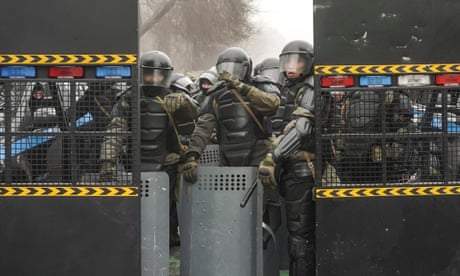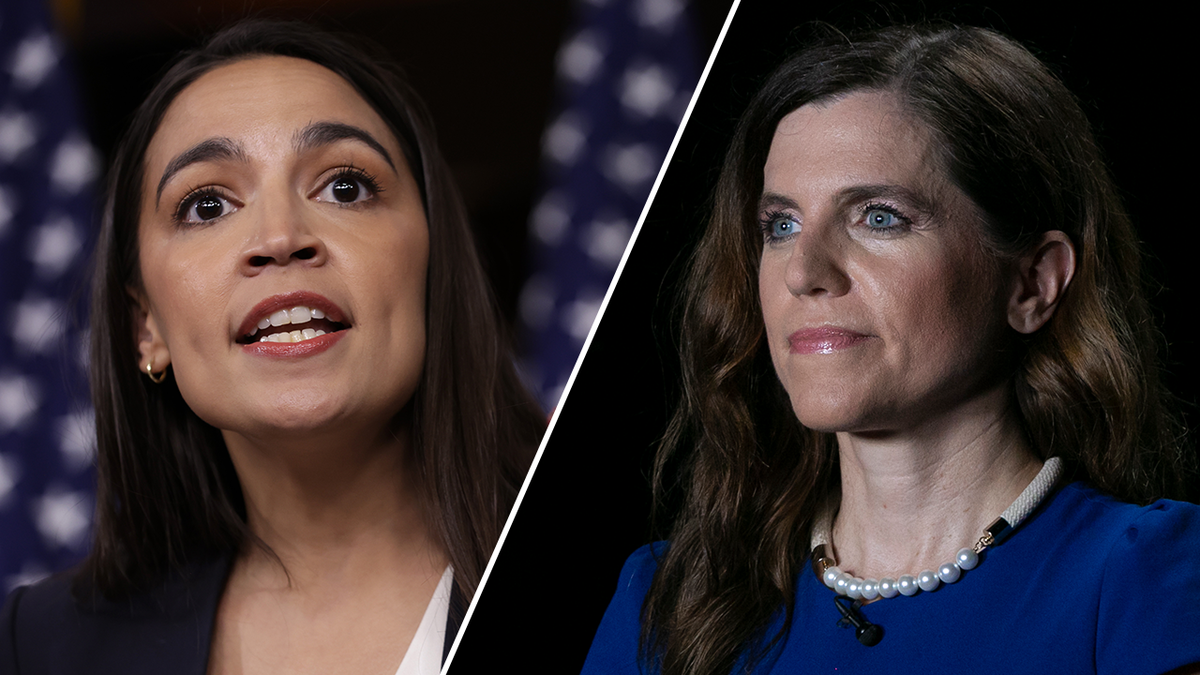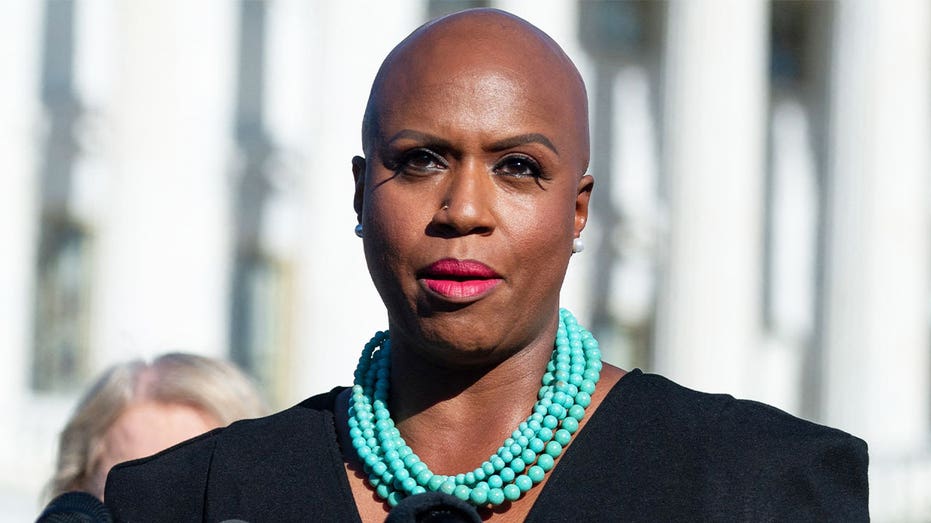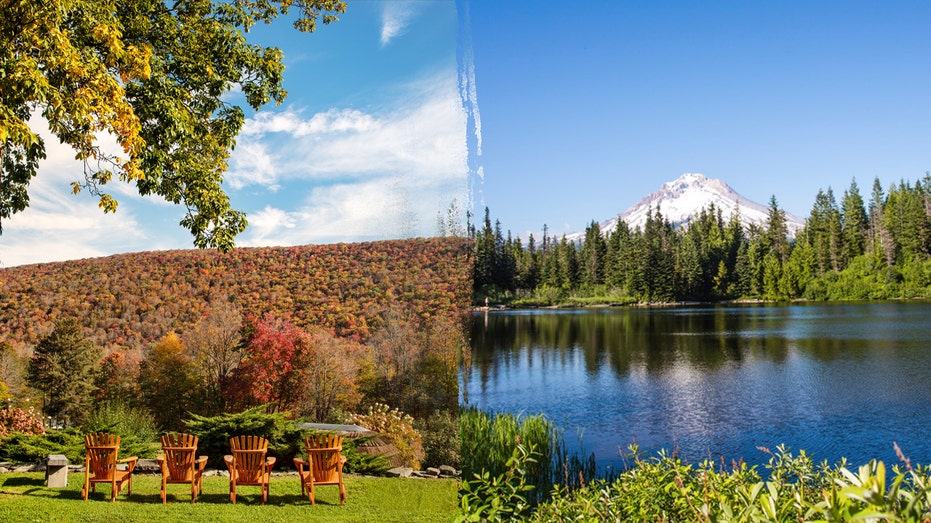- by foxnews
- 25 Nov 2024
Kazakhstan protests: Moscow-led alliance sends ?peacekeeping forces?
Kazakhstan protests: Moscow-led alliance sends ‘peacekeeping forces’
- by theguardian
- 06 Jan 2022
- in news

"Peacekeeping forces" from a Russia-led military alliance will be sent to Kazakhstan to help the country's president regain control, it was announced on Wednesday night, as violent clashes continued after fuel price rises triggered widespread protests.
Armenia's prime minister, Nikol Pashinyan, said the Collective Security Treaty Organization (CSTO) - an alliance of Russia, Armenia, Belarus, Kazakhstan, Kyrgyzstan and Tajikistan - would dispatch forces to "stabilise" the Central Asian country.
The announcement came after Kazakhstan's president, Kassym-Jomart Tokayev, appealed to the bloc for help, decrying the actions of "terrorists" and alleging the country had been the victim of "attacks" by foreign-trained gangs.
On Wednesday, demonstrators took over government buildings and reportedly stormed the airport in Almaty, the country's commercial capital and largest city.
The Kazakh events come at a time when all eyes have been on a possible Russian intervention in Ukraine. Images of police being overpowered by protesters are likely to cause alarm in Moscow, as another country neighbouring Russia succumbs to political unrest. Kazakhstan is part of an economic union with Russia and the two countries share a long border.
It was not clear how many troops the CSTO would send and how long they would stay in the country.
There was no immediate comment from the Kremlin, but Russian MP Leonid Kalashnikov told Interfax that the troops would stay "for as long as the president of Kazakhstan believes it necessary". He said they would mainly be engaged in protecting "infrastructure" in the country.
The announcement came just hours after Dmitry Peskov, Putin's spokesperson, said it was important no foreign countries interfered in Kazakhstan.
Earlier in the evening, Tokayev spoke to the Belarusian president, Alexander Lukashenko, who crushed a huge uprising with brutal force in 2019. Before calling Tokayev, Lukashenko spoke to Putin, the Belarusian news agency Belta reported.
The protests began in the west of the country at the weekend, after a sharp rise in fuel prices, but have spread quickly and taken Kazakhstan's authorities and international observers by surprise.
On Wednesday, there were further reports of violent clashes and shooting in Almaty and other cities, as well as unverified videos suggesting casualties among protesters.
Kazakh media outlets cited the interior ministry as saying 317 police and national guard servicemen were injured and eight killed "by the hands of a raging crowd". There have been no reliable estimates of civilian casualties.
Earlier in the day, the Almaty mayor's office was set on fire, with smoke and flames visible from several floors of the imposing building. Many flights were diverted or cancelled after the apparent storming of the airport. Kazakh media outlets reported authorities took the airport back under control after a firefight.
In other cities, including Aktobe in the west of the country, crowds tried to storm government buildings. There were reports and videos of police cars set on fire and security vehicles seized by the crowd.
Tokayev accepted the resignation of the government on Wednesday morning and introduced a state of emergency in several provinces in an attempt to gain control of the situation. Later, the state of emergency was extended to the entire country.
Tokayev also announced that his predecessor and benefactor, 81-year-old Nursultan Nazarbayev, would step down as head of the security council.
Much of the anger has been directed at Nazarbayev, a former Soviet-era communist boss who became Kazakhstan's first president and ruled until 2019 and who wielded immense power behind the scenes.
"The authorities are trying everything to calm things down, with a mix of promises and threats, but so far it's not working," said Dosym Satpayev, an Almaty-based political analyst. "There will be imitations of dialogue but essentially the regime will respond with force, because they have no other tools."
At times, authorities have shut down mobile internet and blocked access to messaging apps, and on Wednesday the internet went down across much of Kazakhstan. Authorities said army units had been brought into Almaty to restore order.
The trigger for protests in Kazakhstan was a sharp rise in the price of liquefied petroleum gas (LPG), used by many to power their cars, particularly in the west of the country. Protests began at the weekend in the oil city of Zhanaozen, where in December 2011 police fired on protesters, killing at least 16 people.
It soon became clear that the anger was not focused only on LPG prices, and a government announcement that the price would be fixed at a lower level has done nothing to quell the protest.
Instead, there is broader discontent with Tokayev, president since 2019, and Nazarbayev.
"Nazarbayev and his family have monopolised all sectors, from banking to roads to gas. These protests are about corruption," said 55-year-old Zauresh Shekenova, who has been protesting in Zhanaozen since Sunday.
"It all started with the increase in gas prices but the real cause of the protests is poor living conditions of people, high prices, joblessness, corruption."
The five former Soviet Central Asian republics have been largely without protest in their three decades of independence, with the exception of Kyrgyzstan, which has had several revolutions.
Kazakhstan has never held an election judged as free and fair by international observers. While it is clear there is widespread discontent, the cleansing of the political playing field over many years means there are no high-profile opposition figures around which a protest movement could unite, and the protests appear largely directionless.
"There are some local figures, but nobody who could unify forces across the country, though with time they could appear," said Satpayev.
- by foxnews
- descember 09, 2016
'Quiet travel' is having a moment; here are top US spots where you can embrace the trend
Here are 10 destinations for "quiet travel" in the U.S. to check out if you're ready to unplug and unwind on your next vacation. From Maine to Florida, Oregon and more, see the list.
read more


